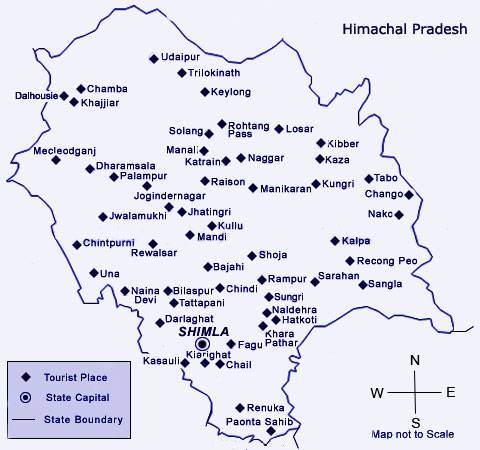 You live near a major university and a community college. There are smart people that come here every week to talk to the general public about interesting topics. Perhaps you were not aware of this fact, or were overwhelmed by the sheer number of opportunities for possible enlightenment. If that’s the case, Smile Politely understands and is here to help. Here are four events going on in town this week. Check out one or more of them if you have time.
You live near a major university and a community college. There are smart people that come here every week to talk to the general public about interesting topics. Perhaps you were not aware of this fact, or were overwhelmed by the sheer number of opportunities for possible enlightenment. If that’s the case, Smile Politely understands and is here to help. Here are four events going on in town this week. Check out one or more of them if you have time.
If you have a community event, speaker, or film event that you’d like to see featured on Listen Up!, send the event information to joelgillespie [at] smilepolitely [dot] com by Friday the week prior to the event. Listen Up! runs Mondays at noon.
WHAT: Land Reforms in Himachal Pradesh: Thirty Years Later, by Ashwini Chhatre, Asst. Prof. of Geography
WHEN: Tuesday, Feb. 10, 12 noon
WHERE: Lucy Ellis Lounge (room 1080), Foreign Language Building
Smile Politely: How did you become interested in land reforms in Himachal Pradesh?
Ashwini Chhatre: I worked (and continue to do research) in Himachal Pradesh as a community organizer and NGO activist for seven years (1994-2001) before joining graduate school. Most of that work involved working with rural agro-pastoral communities. Later, while at Harvard University as a post-doctoral fellow in 2006-07, I started a research project to review the experience of land reforms around the world, I learned that there are very few cases which qualify as successful land reforms since WWII. Himachal Pradesh was one of them. Since I already knew a lot about its history, society, ecology, and politics, I decided to look deeper into the long-term impact of land reforms in Himchal Pradesh on development, environment, and democracy.
SP: What brought about these land reforms?
AC: It was mostly spurred by a vibrant social movement of tenants and landless agricultural laborers demanding access to agricultural land. The implementation was helped by the political competition between two opposing parties, and their desire to mobilize votes to secure power in the state legislature.
SP: What would you hope that a non-academic would learn from your talk?
AC: Access to resources is the most basic requirement for the eradication of poverty anywhere. In rural areas, agricultural land represents the most important asset of households. My presentation will illuminate the process that is unleashed when poor households are given access to productive resources (as against handouts or subsidies). land reforms not only unlocked the productive potential within Himachali society, it also transformed its politics by making its leaders more responsive to demands from below. Besides spectacular gains in economic and social development, land reforms also influenced trends in environmental recovery. A non-academic will learn about the potential for improvement that is inherent in a society, and the story of one state in India where it was released successfully.
WHAT: GEO Public Forum on Tuition Waivers
WHEN: Wednesday, Feb. 11 @ 5 p.m.
WHERE: University YMCA, Murphy Lounge, 1001 S. Wright St., Champaign
From the Facebook invite:
– Hear how we’ve already made an impact on the University’s statements
– Learn how the University is “spinning” this, so you’re not mislead
– Report on your department’s situation
– Join together to issue a statement against the elimination of tuition waivers
– All students, faculty, staff, and even administrators are welcome!
WHAT: “The Case of the Fake Picasso: Preventing History Forgery with Secure Provenance” by Ragib Hasan
WHEN: Wednesday, Feb. 11 @ 4 p.m.
WHERE: 3405 Siebel Center
From the speaker calendar: In this talk, we show how to provide strong integrity and confidentiality assurances for data provenance information in an untrusted distributed environment. We describe our provenance-aware system prototype that implements provenance tracking of data writes at the application layer, which makes it extremely easy to deploy. We present empirical results that show that, for typical real-life workloads, the run-time overhead of our approach to recording provenance with confidentiality and integrity guarantees ranges from 1% to 13%.
WHAT: The Triumph of Politics over Economics in Russia by Martha Merritt
WHEN: Thursday, Feb. 12 @ 4 p.m.
WHERE: 101 ISB, 910 S Fifth Street, Champaign
This one sounds interesting. I’m not sure whether Dr. Merritt (Associate Dean for International Education at the University of Chicago and adjunct senior fellow of the Chicago Council on Global Affairs) would say that the triumph of politics over economics is a good thing or not.








